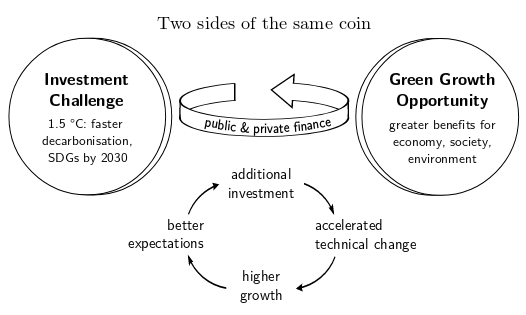Mobilising Private Finance for Coastal Adaptation
The role of private finance in meeting adaptation infrastructure investment needs has been widely emphasised in climate policy debates. This new paper Mobilising private finance for coastal adaptation: a literature review in WIREs Climate Change reviews the scientific literature on the issue. The paper thus provides a perspective from the current literature on the questions of what promotes private investment in coastal adaptation and how can public actors’ interest in adaptation be aligned with private investor interests. Read more

